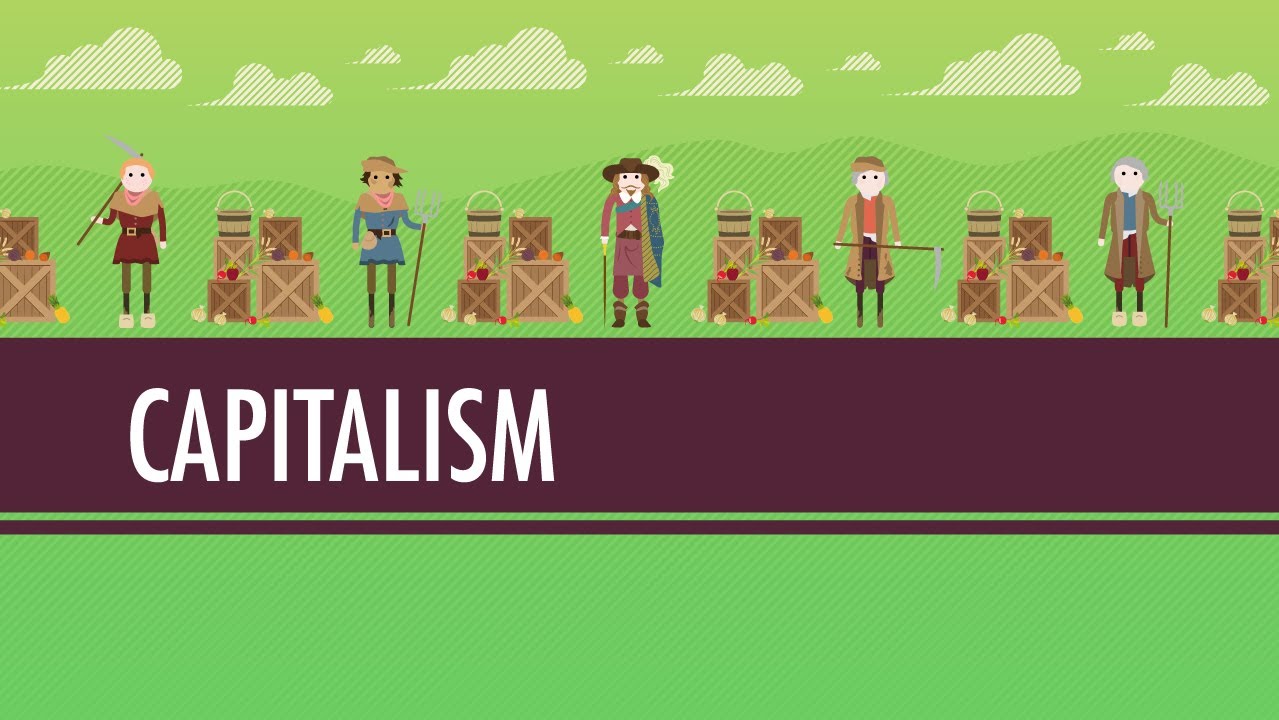What is Progressivism
Economics is what is called a “value-free science,” meaning that it answers questions without any consideration for politics or ideology. A good economist can explain the benefits of free markets, or the consequences of socialism, not because of any political bias, but because of how human beings respond to a world with scarce resources.
Often, however, when we discuss economics, we do so within the context of politics—such as during an election period, or how a tax increase may impact the local economy.
Some call themselves “progressives”—implying that their political and economic views are “modern” or “forward looking.” Throughout American history, “progressives” have claimed to promote an economic system that is a “third way” between capitalism and socialism. They advocate an economy “regulated by experts,” rather than by politicians or free markets.
There is, however, nothing “progressive” about this.
This system of government has the same problem as “cronyism,” the mistaken belief that government can do better than the market system.
Markets work by coordinating the supply and demand of resources and products all around the world. Because of prices, entrepreneurs, businessmen, and consumers are able to calculate the best way to achieve their desired ends.
Progressives do not trust individuals to make these decisions on their own. Instead, they want markets and prices regulated by so-called experts, whose influence comes from universities or politics, not from producers creating goods or services that people want and can use.
A basic mistake the progressives make is the belief that enough specialized education can empower individuals with better knowledge than the market can give. In this way they justify increasing political and legislative power to grab more control over our society. This is dangerous.
Economically, whether or not this government intervention is the product of simple political corruption, or sold as “regulation by experts” is irrelevant. The result is the same—the market system is manipulated by the coercive power of government for political ends, not for the benefit of actual consumers. This doesn’t provide a “third way” between capitalism and socialism, it undermines capitalism in order to justify more state power. As with cronyism, the people who benefit from this third way are not the entrepreneurs and producers who make useful contributions, but the political “experts,” the non-producers, who end up in control.
Third-way government intervention benefits big corporations through tax breaks, product legislation, enforcement of industry standardization, lobbying, etc., making it much harder for small firms to compete. Thus, big national and multinational firms win both in the marketplace and in the legislative halls because of the unfair advantages bestowed on them by the government.
The progressives’ “expert class” creates new problems through the rise of a managerial class of bureaucrat that can impose great influence over the economy, without being held accountable by either the market or the ballot box. In America today, after a century of the progressive government agenda, we now have a revolving door between regulatory agencies and powerful companies—no matter what the results of an election are.
Without any accountability, the result has been major policy disasters that have brought financial crises, exploding costs in healthcare and student loans, or economic lockdowns in the name of “public health.”
These are not the products of a free market, but the direct consequence of years of failed interventionist policies.
There is no “third way” in economics, either consumers are allowed to direct their economy—or the government is in charge.
Economics is not a science that empowers certain experts to better manage society. Instead, it teaches us the limits of what government can do to bring about prosperity in the world.
Progressivism is not the answer. The more we learn to “think like an economist,” the more we understand the value of a truly free society.



